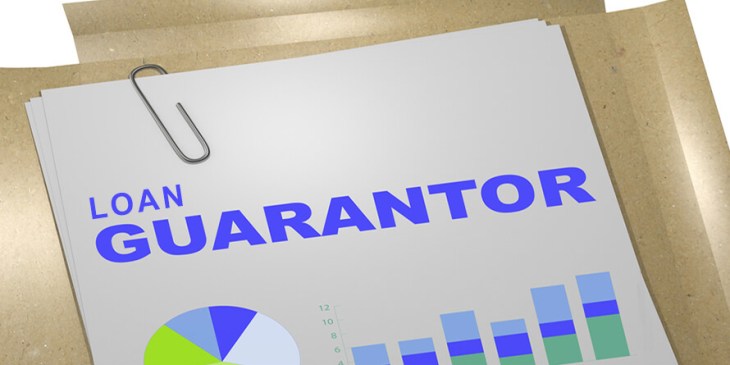By agreeing to be a loan guarantor simply means that you are helping someone secure the loan that they need. It is a very serious financial commitment to make though, because if they fail to make repayments, then you also become responsible for paying it back instead. Today we are going to look at how guarantor loans work and what are the considerations you should think about before signing up to help someone secure one? Let’s take a closer look.
What a Guarantor is Required to do
As a guarantor, you are now responsible for the repayment of the loan, should the borrower be unable to do so themselves. However, to be accepted as a guarantor, the primary borrower first needs to apply and be accepted for a specific loan type. Guarantor loans are typically designed for people who have a bad credit rating, and most guarantors tend to be family members or close friends. Should the borrower miss just 1 single repayment, the lender can then target you for the outstanding money that is owed to them. Some lenders can choose to pay the actual loan into the guarantor’s bank account, as opposed to the person who applied for the loan. In this particular scenario, the guarantor will have to transfer the loan to the original borrower’s bank account. If the borrower repays the loan balance each month on time, the guarantor doesn’t need to do anything else.
Why Do Lenders Ask for a Guarantor?
Lenders may ask for a guarantor if the person who is applying for the loan has bad credit or is perhaps applying for a loan for the very first time. Because of this, a guarantor must be considered more financially reliable than the person who is applying for the loan. Lenders tend to prefer guarantors who aren’t financially linked with borrowers and homeowners are desirable.
Who Can Act as your Guarantor?
To be considered as a guarantor, you must have a good credit history, be financially secure and over the age of 21. You must also be able to prove that you have the means to pay back the loan if the borrower fails do so themselves. Lenders prefer that guarantors don’t have any financial links with the borrower, such as a joint bank account.
The Risks?
The biggest risk linked with being a guarantor is being forced to pay back the loan when the original borrower cannot afford to do so themselves, or chooses not to. This is why it is critical to ensure that the primary borrower can afford the loan repayments and always make them on time and in full. You should fully trust them, because if they fail to mae repayments, then it could also have a negative effect on your own credit score too. The best money advice will tell you that a bad credit rating will undoubtedly affect you in gaining access to credit in the future, should you ever need to apply for it.
Are Guarantors Able to Change Their Mind?
Unfortunately, the answer to this question is simply ‘no’. Once you have signed up to be a guarantor and completed the relevant paperwork, there isn’t a way you can formally back out of the agreement. However, lenders may offer a 14-day grace period, where you can choose to back out. In this situation, the primary borrower will have to return the entire value of the loan too. They aren’t allowed to keep any of the cash with the original guarantor that cosigned the paperwork. If you do feel like you have been miss-sold a loan, you could try making an irresponsible lending complaint. This can be done either directly with the lender themselves or via a claims management company.
Does Acting as a Guarantor Appear on a Credit File?
Opting to be a guarantor will not appear on your credit record. And, provided that the borrower makes all of the payments on time and in full, then your credit file will stay unaffected. However, most lenders will carry out a credit check, so a search may be added to a potential guarantor’s credit file. The loan could be added to your credit record only if the borrower defaults and you are then asked to pay back the loan on the borrowers behalf instead.
What Should I do if Asked to be a Guarantor
Being a guarantor is a serious financial commitment, you’re accepting liability without actually borrowing the money yourself. This is why it is crucial that both parties (especially, the guarantor) fully understands their responsibilities and what will happen as a result of missed payments. If you are ever asked to be a guarantor for someone, don’t rush into making the decision, even if those asking are putting pressure on you and make you feel guilty. Spend as much time as you need to weigh up the pros and cons and have a good long think about your own financial situation. It is also a great idea to consider the relationship you have with the borrower who has asked you to be their guarantor. If you aren’t sure about what to do, then speak to your family and get their thoughts too. The most important thing is that you are totally comfortable and willing to act as a guarantor.
